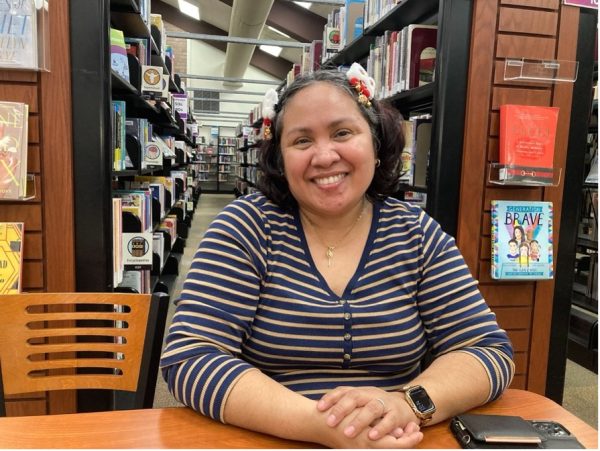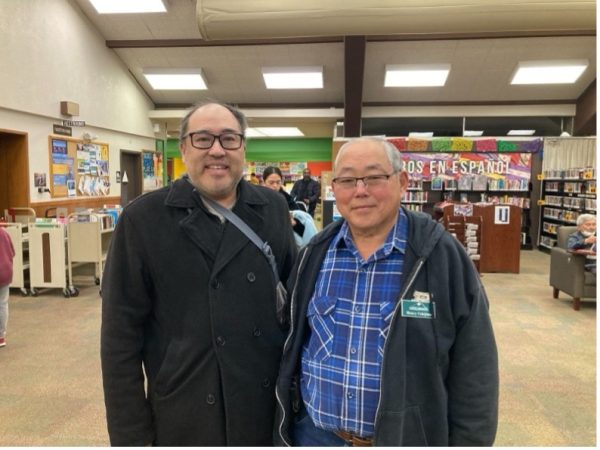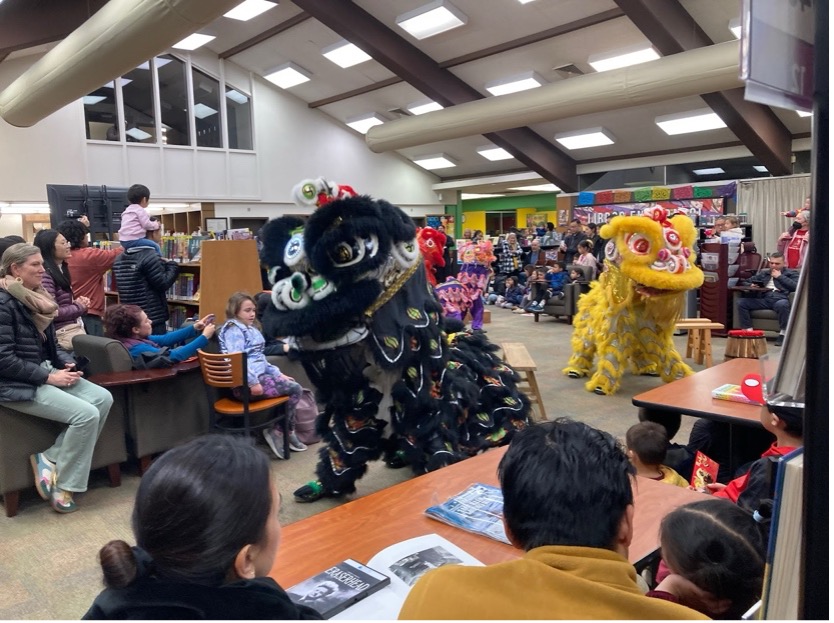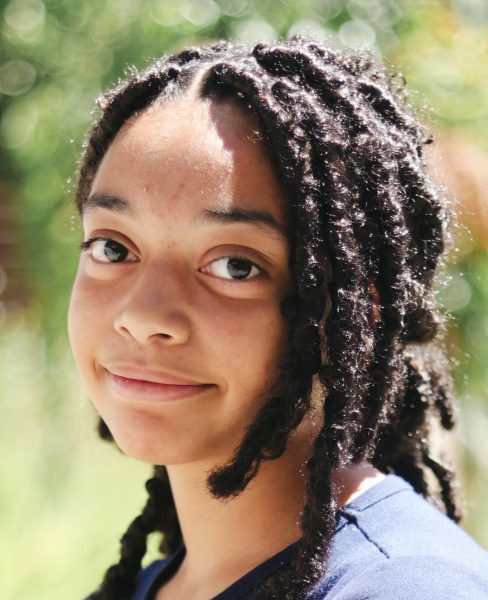As families across China and around the world come together to welcome the Lunar New Year with fireworks, traditional dances, lavish feasts, practices like feng shui, and more, communities across the Bay Area also join in, celebrating the important cultural holiday in various ways.
In Concord, the city’s library hosted its annual Lunar New Year celebration with hundreds of families in attendance. Performances, including a traditional lion dance, entertained all ages during this year’s event in late January.
Children’s librarian and event organizer Rosa Lassalle said holding diverse programming is a key focus of the library.
“We are trying to do a monthly program to again highlight the multicultural part of every community,” Lassalle said. “This month, the Lunar New Year was in January, so we celebrated. This is actually the biggest event we have.”
As in all years, the annual holiday – also known as Chinese New Year – marks the first new moon of the lunisolar calendar, which was Jan. 29 this year. It is followed by a 15-day festival; the first 11 days being the Spring Festival, followed by the Lantern Festival for four days.
Celebrations began in ancient China around 3,500 years ago and every year is represented by an animal zodiac sign (12 in total), 2025 being the Year of the [Wood] Snake.
“Thought to have originated in ancient China around 3,500 years ago, it is one of the most important holidays in Chinese culture, marking the end of winter and the beginning of the new year,” wrote professor Xiaohuan Zhao of the University of Sydney.
At the Concord library, Lassalle said although she has had challenges coordinating the event the past three years, she was thankful for the community support this year in growing the celebration.
“This year, I was lucky enough to have two groups; the Concord Ambassadors – this is the first year they have partnered with us – and we also work with the Chinese Cultural Club from Clayton Valley Charter High School,” Lassalle said.

When asked about the community’s role in bringing this celebration together, the librarian said people like to “see themselves reflected in these programs.
“That’s the beauty of the library. Libraries are an open space for everything, and that’s my point of view as a librarian,” Lassalle said. “I just want the community to see that the library is more than a building for books; I want them to see the heart of the community. I think activities like this make people go, ‘Oh, they see me.’”
One of the programs she referred to is the lion dance, performed by Tomizaki’s Champions Kung Fu Institute. Performer and speaker Bryn Dexheimer explained how this cultural art form ties in with Chinese martial arts, and how important it is to keep these traditions going.
“Keeping art forms alive is keeping culture alive,” Dexheimer said. “Of course, there are lots of ways to perpetuate Chinese culture, and this is one of the easiest ways to bring joy to others through that.
“I grew up doing this. This is what I know and love, so I am excited to be able to share these things with the next generation,” Dexheimer added.
Cedric Chen, a Concord resident, and Henry Hiroshi, a member of the Concord Ambassadors came to celebrate the Year of the Snake with local friends and families. Both shared their perspectives on this culturally rich holiday.
“For me, the two most memorable things are, of course, the food. There are certain foods like noodles – you can’t cut the noodles. The longer the noodles are, the more longevity,” Chen said. “You (also) see a lot of oranges around. Oranges represent gold. Red represents luck.”
Chen said his second pick is the red envelopes passed out during this time of year.
“In Cantonese, it’s called lai see, and in Mandarin, it’s hongbao,” Chen explained. “We usually give young children a red envelope with money, but also, married people give to single friends. Those are the two big things from my memory.”

An estimated 2 billion people globally celebrate the Lunar New Year. However, there are variations depending on the country and smaller communities.
“The Japanese community still has a celebration,” explained Hiroshi who is of Japanese heritage. “It’s more around the Gregorian calendar rather than the lunar calendar, and basically, the Japanese society switched over to the Gregorian calendar in the 1500s, so we still have some elements of it [lunar standstill, also called a lunistice].”
When asked about how the Lunar New Year strengthens their bonds with the community and families, Chen said, “It’s a little hard because my family’s scattered across the country, the world, and what have you.
“But before, especially with my grandparents, we always, during the Lunar New Year, got together for dinner,” Chen added. “It’s one of those things where we try to celebrate elements of culture and, of course, the lion dances that we saw here – very traditional.”
“That also is basically the Japanese thing, too,” Hiroshi said. “We get together on new year’s day; we gather as much family as we can in the area, and we’ll have a meal or two together with the traditional foods.”
Although this is a happy time for those who celebrate the Lunar New Year in some way, Chen said the current political climate in this country has influenced to what degree many celebrate this year.
“I think we need to be more vocal about our community. Some of us have been here for generations, and we need to let people know we’ve been here just as long as a lot of other folks who got here,” Chen said. “We’re not gonna be invisible … we’re not just gonna be swept away. So the current political climate right now, it’s temporary, but we got to be ourselves.
“The whole thing is that you need to pay attention, you need to build bridges, and you need to be vocal,” added Chen, his message for others. “But at the same time, you need to celebrate.”
Milan Barney is a 12th grader at Pittsburg High School in Pittsburg.



